22-year-old Mercy Grimah Samson from Jos, Nigeria, faced significant barriers to education after becoming deaf at the age of five due to a medical condition. Treating the condition strained her family’s finances, resulting in her being out of school for five years and missing crucial early years of formal education.
When she finally returned to school at the age of 13, she enroled in a private school in Jos, but the experience was far from ideal. As the only hearing-impaired student at the school, she lacked access to sign language and assistive technology, which hindered her ability to communicate with her classmates and succeed academically.
However, things began to change when a new teacher fluent in sign language was transferred to the school. After meeting Samson, the teacher tried to teach and communicate with her, but this support was not enough to fully bridge the gap in her education.
By her third year of secondary school, financial difficulties forced her parents to withdraw her from school. Back home, she sought opportunities with the Deaf Technology Foundation (DTF), an organisation she had encountered during their visit to her now-former school. The school had invited Mr. Bitrus Wuni, the founder of DTF, to introduce students to computer science. Samson recalls that from the first day, he began teaching them the basics, starting with Scratch, robotics, Arduino, and web development.
Inspired by her first encounter with technology, Samson decided to enrol at the DTF in 2018. She found the initial programming classes challenging to understand. Although all the instructors were fluent and taught in sign language, she struggled to meet the set milestones, which hindered her progress. However, once she grasped the concepts, she completed several projects and began applying for freelance jobs online.

Another DTF student with a similar success story is Victor Oricha, 27, who was born deaf and faced numerous challenges throughout his childhood. He began his education at a special nursery school in Sokoto, then moved to Katsina for elementary school, and later transferred to Kaduna to complete his elementary and junior secondary education at Kaduna State Special Education School and Government Technical College Malali, Kaduna.
His parents wanted him to become a teacher because they didn’t believe he would succeed in other fields. They had heard that hearing-impaired individuals often work as teachers in various special schools, so they viewed this as his only career option.
Oricha believes his parents often underestimated his potential causing him to lack ambition, despite his recorded excellent academic performance.
Even though my parents didn’t anticipate a bright future for me and believed I wouldn’t amount to much, I wasn’t a failure in everything. I was performing well academically, but I lacked ambition and goals,
he said.
However, his engagement with DTF helped him find his passion for technology. Over eight years, he transformed from a discouraged young man to a full-stack developer, now working remotely with an organization in Abuja.
Teaching Robotics and Programming
Founded in 2017 and based at Korinjo House by British America in Jos, the Deaf Technology Foundation (DTF) is a technology education initiative focused on empowering hearing-impaired individuals with training and mentoring in technology-related courses including coding and robotics. Since its inception, DTF says it has trained over 6,000 hearing-impaired children across Nigeria.
As beginners, regardless of age, all students start with the Scratch programming language, which is a visual language that uses drag-and-drop instructions. From Scratch, they learn to create animations, stories, and games before moving on to Python. They also study C++, the most widely used programming language in game development. Those interested in web development focus on CSS (for specifying the presentation of documents written in markup languages such as HTML), JavaScript for front-end development, and Bootstrap for frameworks.
Students are also taught to explore various types of robotics, including IoRT, Lego Mindstorms, and mBot from China, as well as physics robots and Building Construction Technology (BCT). Additionally, they engage in additive manufacturing to print prototypes used in robotics.
“Students here are allowed to do what interests them; whether it is programming, robotics, or game development. They are just provided with the resources to accomplish projects. Each learner has a milestone that they are expected to attain” Winu explained in an interview with this reporter.
He further disclosed that the foundation relies on nine full-time instructors and hundreds of volunteers to support students and deliver lessons.
To reach more students, the foundation also runs a periodic outreach program in schools, travelling to various states—including Abuja, Zamfara, Niger, Taraba, Kaduna, and Plateau. During these visits, DTF sets up programming clubs in schools and assigns a school staff member and a student prefect to manage the computer labs. A key requirement for DTF is that the host schools allow the instructors access to their computer labs. However, DTF also provides tools for continued learning and follow-up sessions.
Every year, approximately 500 students participate in DTF’s programming clubs in the schools they partner with. Schools without computer labs miss out on DTF’s tech education. According to Winu, having adequate digital infrastructure is one of the criteria for DTF to visit and partner with a school.

In Plateau alone, DTF has worked with seven schools over the past four years, and ten graduates are now employed as professional web and game developers including Grimah, who now works as a freelance web developer, earning N180,000 – 200,000 monthly.
For all its perceived value, the foundation’s programs are free of charge and open to all hearing-impaired individuals, especially students. The DTF relies entirely on grants and donations to fund its activities.
Not Without Challenges
DTF teaches robotics and programming using sign language and visual aids, with computers serving as the primary learning tools. On average, outside of the school programming clubs, 34 students attend classes four days a week at their main office, but that number can increase to 70 during school breaks. Despite its successes, DTF faces several challenges, including funding, which is essential for daily operations. With only two paid instructors for robotics, the organization struggles to keep up with annual enrolment growth.
There are challenges that deaf individuals face,” Oricha shared. “We didn’t have enough interpreters. As a student at that time, we also lacked opportunities for sports, which are important for developing social skills, physical well-being, and self-esteem.
As the foundation enrols more students, accommodating their increasing numbers is becoming challenging, particularly due to the need for additional computers and learning materials. This has led the team to explore more partnerships.
“DTF is exploring partnerships with the Plateau State Government, non-governmental organizations, and corporations as part of their corporate social responsibility to secure more funding,” Winu said.
According to the United Nations International Children’s Emergency Fund (UNICEF), disability is one of the most significant barriers to education worldwide. Inclusive education is crucial to ensuring that all students, regardless of ability, have the opportunity to succeed. This highlights the vital role of the Deaf Technology Foundation (DTF) in Nigeria. With over 8.5 million Nigerians living with hearing impairments, organizations like DTF are at the forefront of promoting inclusive education.
Grace John, an educationist from Kaduna, emphasizes the considerable impact of DTF, particularly in providing inclusive education that is often lacking in mainstream Nigerian schools. She believes that such initiatives empower young people to become independent and self-employed, ultimately bridging the gap for others in the deaf community.
“Teaching robotics and programming equips deaf children with invaluable skills, enhancing their self-esteem and helping them feel included and valued, just like their peers. They are human beings deserving of opportunity and respect, and they should never be sidelined. These children did not choose their circumstances,” she stated.
___
This story was produced with the support of the Solutions Journalism Network and the Nigeria Health Watch in partnership with Edugist.








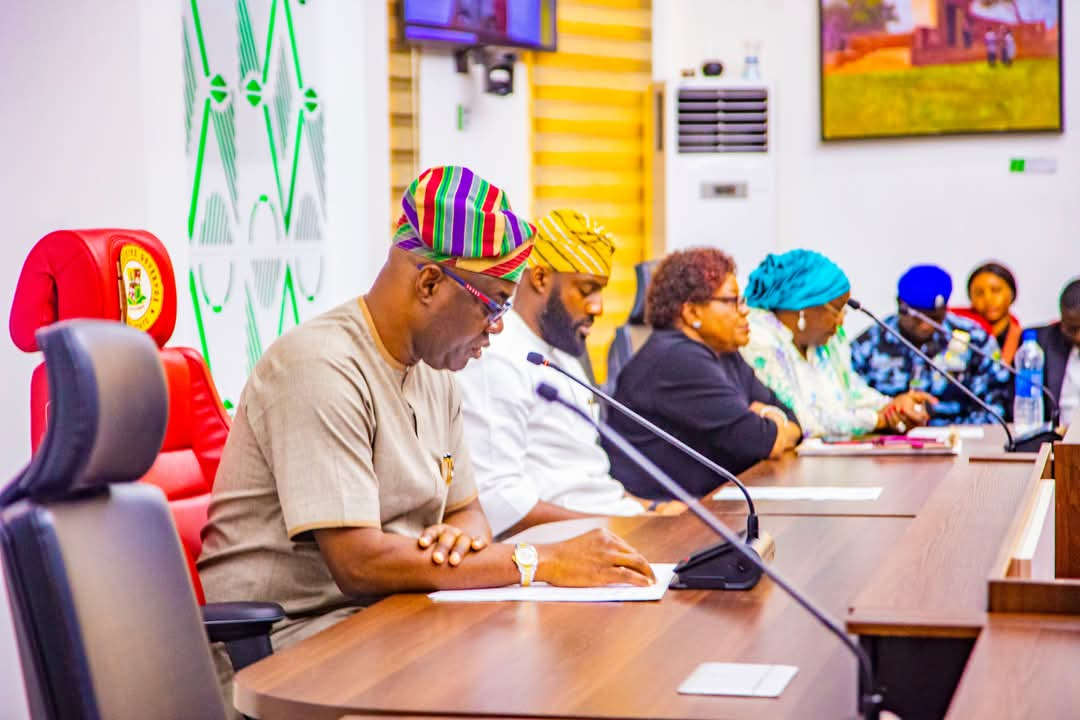
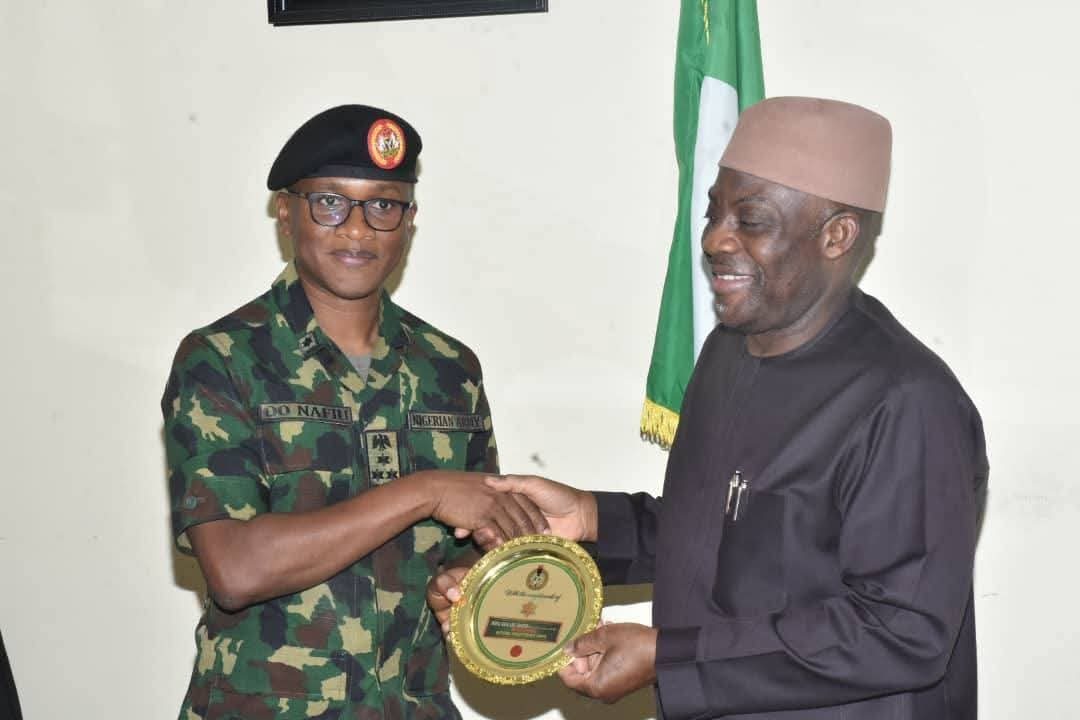

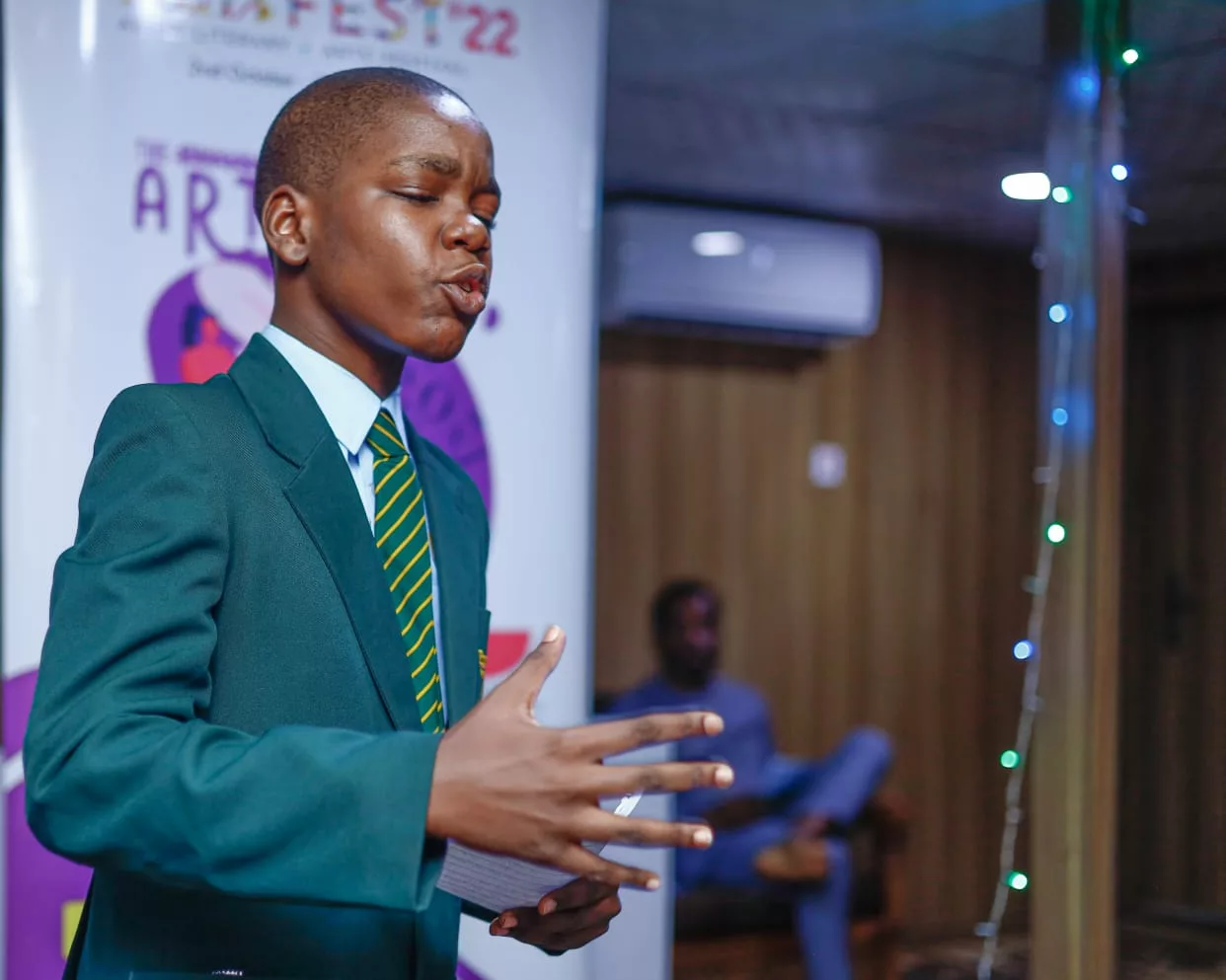
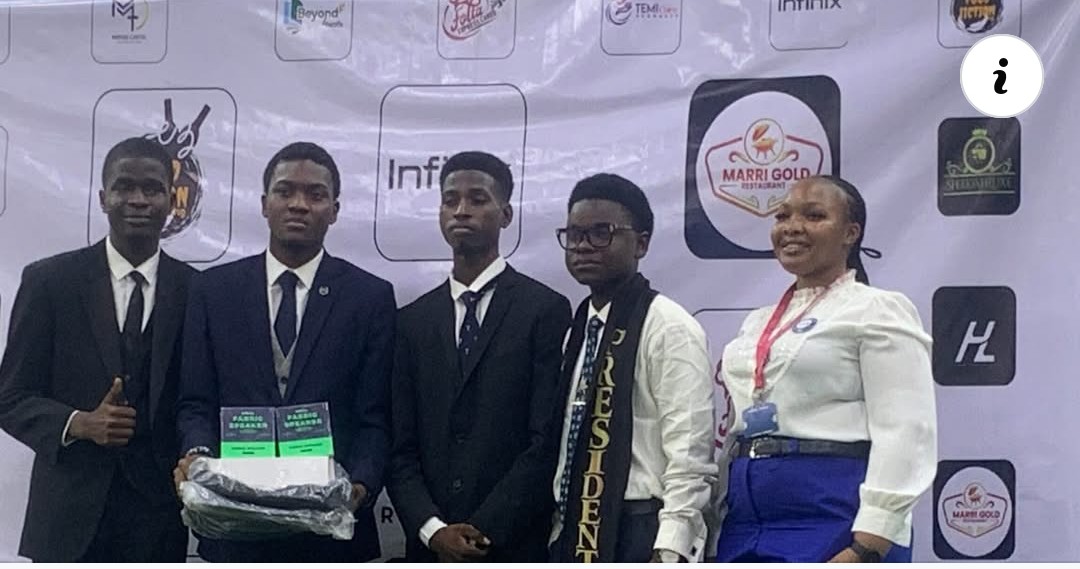
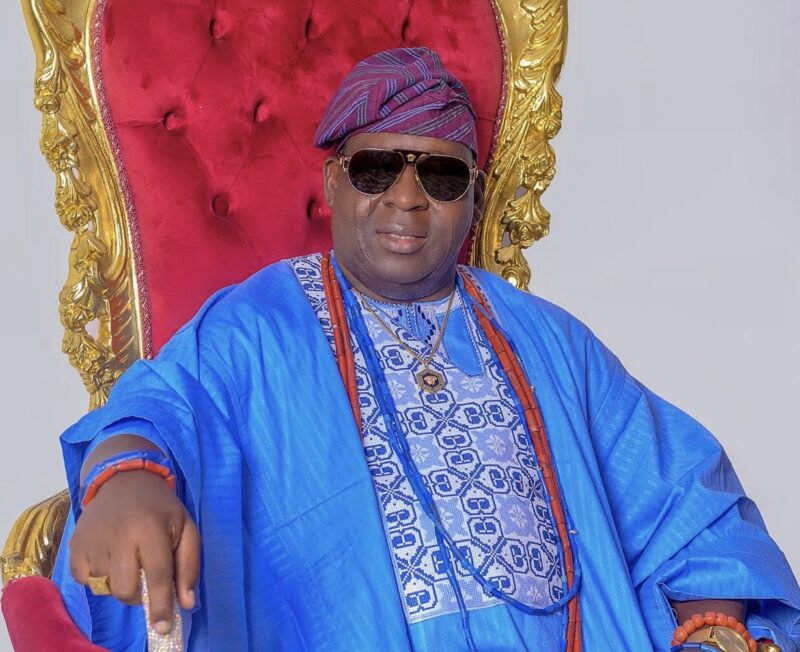

I must say this is amazing article. @Francis Annagu, many thanks to you for taking time to Interact with this young people , also many thanks particularly to the DTF for giving hope to the hopeless and showing the younger generation the pathway to making their future better.
, also many thanks particularly to the DTF for giving hope to the hopeless and showing the younger generation the pathway to making their future better.